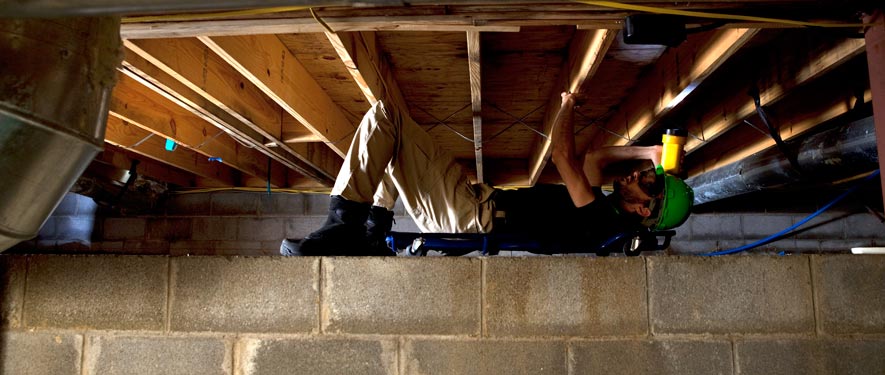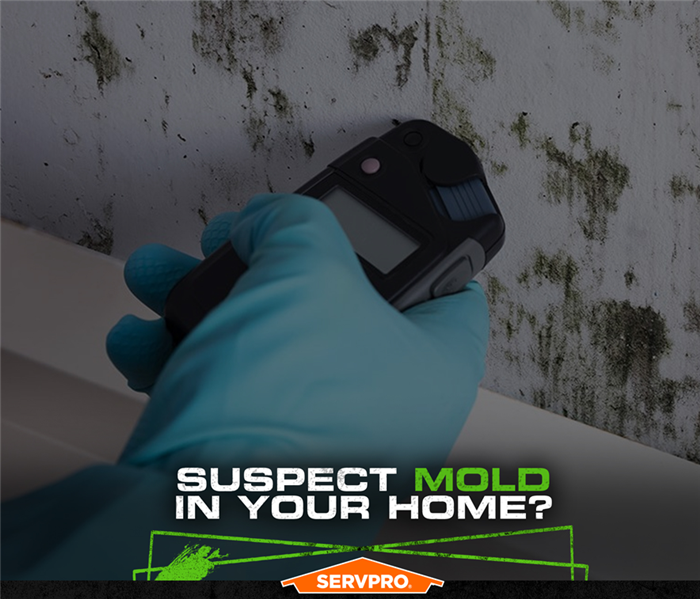
“Mold Removal” vs. Mold Remediation
What’s the Difference?
How the Right Word Means Everything for Your Danbury Home
There are plenty of restoration teams out there claiming that they can rid your house of mold. Mold removal is something that you cannot hope to achieve, as spores exist naturally in every possible environment. Remediation is a much more realistic term that addresses the specific colonization of mold spores in your Danbury home, the damage these colonies can do, and the cause of the development in the first place.
Isn’t Removal Better Than Remediation?
If removal were possible without insurmountable costs and constant work, the more direct focus of remediation might still be more desirable for homeowners. In their natural state, mold spores are rarely offensive to the occupants of the space where they exist. Without conditions getting met for these spores to seat and grow in organic materials in the affected areas, you would not know that they existed. Therefore, remediation must address several direct results of mold colonization:
• Removing the moisture that led to the colonization of mold spores
• Removing lingering odors emitted by the organism
• Removing colonies to preserve affected materials when possible
• Removing overly damaged construction materials and contents
The word removal in these actions is the only correct application of the term. We cannot guarantee the complete removal of all mold spores from the property. However, we can address the moisture concerns and active organisms to prevent further colonization and threats moving forward.
Signs of Mold? Call Today – (203) 791-0920
Understanding Mold
When water intrudes into your property, mold growth can start in as little as 48 hours. Consider the following mold facts:
- Mold is present almost everywhere, indoors and outdoors.
- Mold spores are microscopic, float along in the air, and may enter your home through windows, doors, or AC/heating systems or even hitch a ride indoors on your clothing or a pet.
- Mold spores thrive on moisture. Mold spores can quickly grow into colonies when exposed to water. These colonies may produce allergens and irritants.
- Before mold remediation can begin, any sources of water or moisture must be addressed. Otherwise, the mold may return.
- Mold often produces a strong, musty odor, and that odor can lead you to possible mold problem areas.
- Even higher-than-normal indoor humidity can support mold growth. Keep indoor humidity below 45 percent.
The Mold Remediation Process
Every mold damage scenario is different and requires a unique solution, but the general mold remediation process stays the same. Learn more about our mold remediation process.
- Emergency Contact - (203) 791-0920
- Inspection and Mold Damage Assessment
- Mold Containment
- Air Filtration
- Removing Mold and Mold-Infested Materials
- Cleaning Contents and Belongings
Locally Owned Company with National Resources
SERVPRO of Danbury / Ridgefield is locally owned and operated—so we live and work here too and are proud to be part of this community. We are also part of a national network of over 2280 Franchises with special Disaster Recovery Teams placed strategically throughout the country to respond to large-scale disasters.
We are proud to serve our local communities:






 24/7 Emergency Service
24/7 Emergency Service



